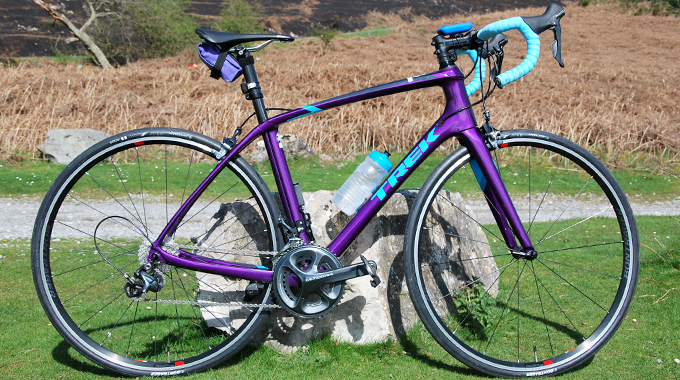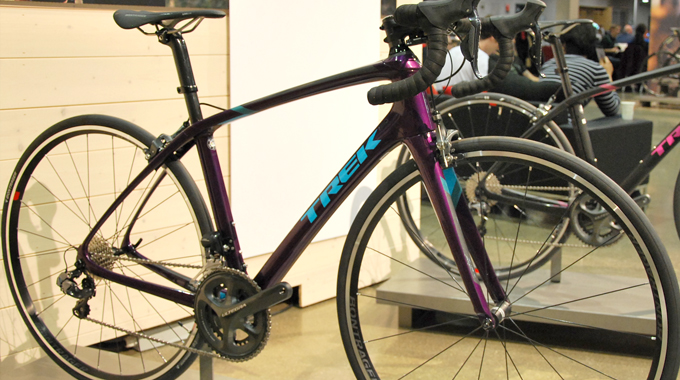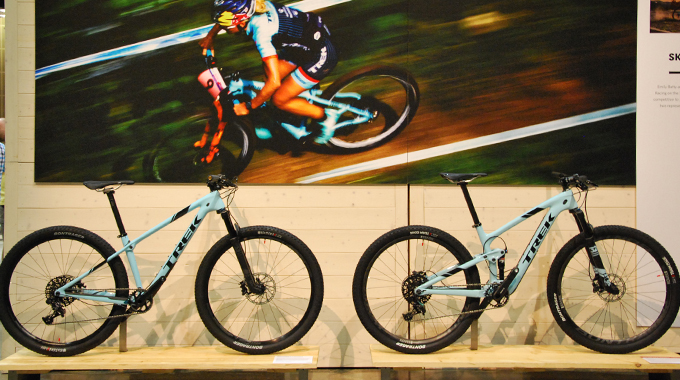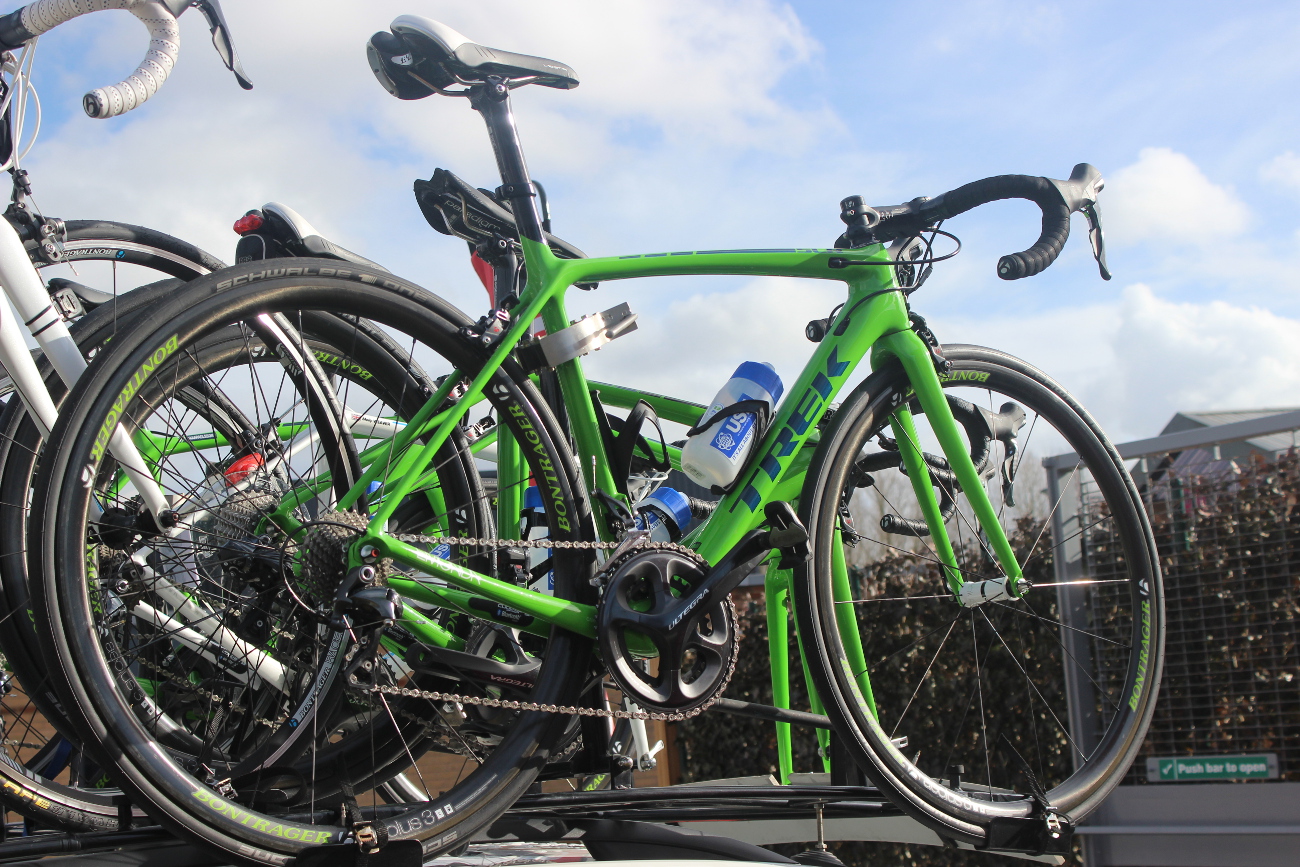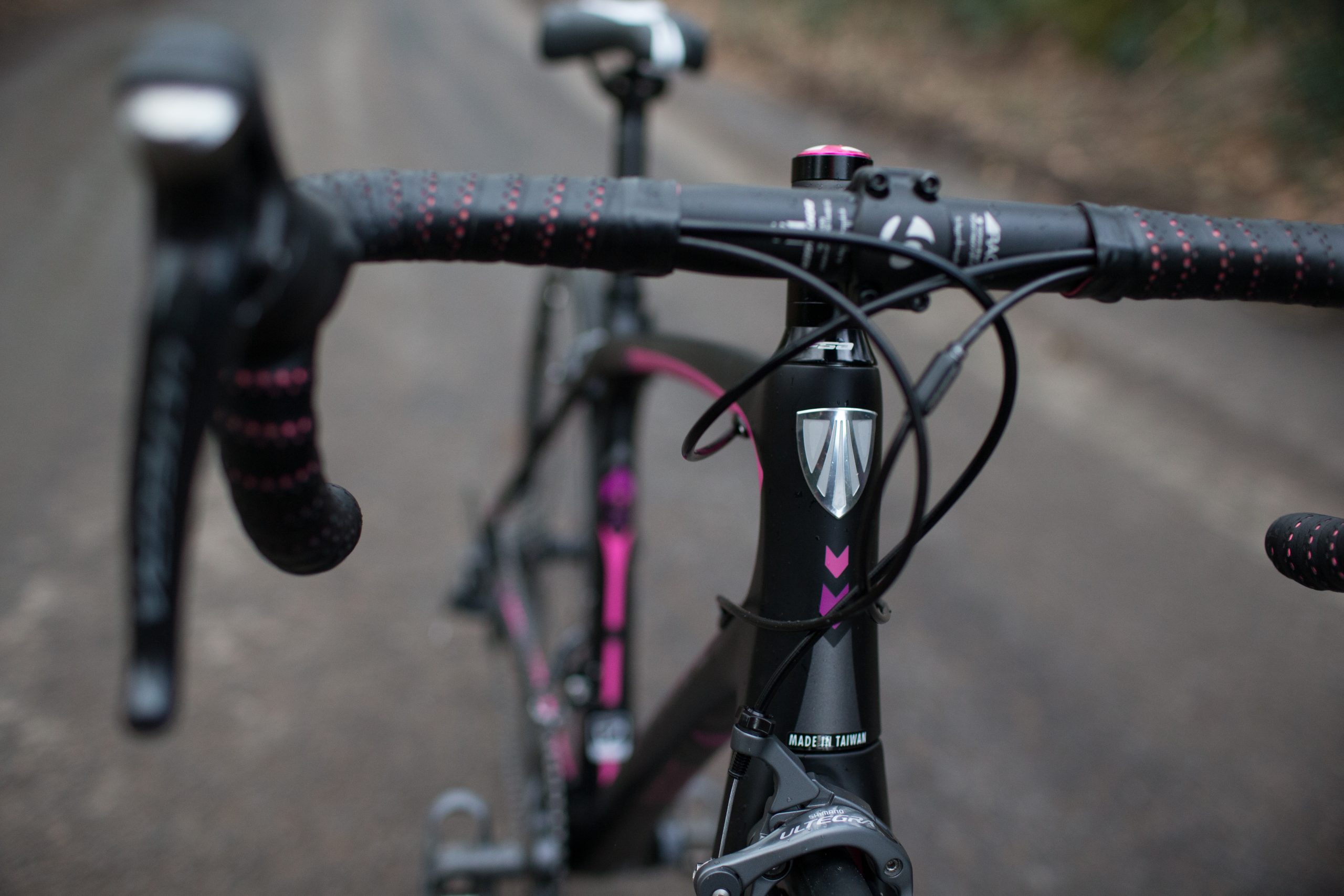
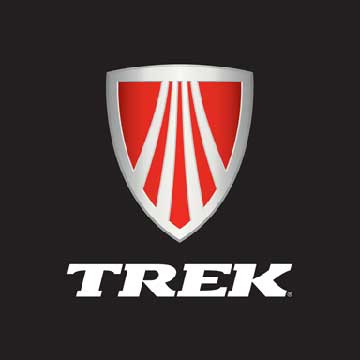

Trek was founded in late 1975 in a former carpet warehouse in Waterloo, Wisconsin. The founders, Dick Burke and Bevill Hogg, initially had a workforce of just five and the company was focused on producing hand-brazed steel touring frames. The original intention of the founders was to make in-roads into the upper end of the bike market which, at that time, was dominated by Italian and Japanese manufacturers. The company expanded steadily throughout the ’80s and ’90s, gradually becoming known for technological advancements as it introduced aluminium and carbon fibre frames to its range.
Trek has long had associations with leading names and teams. In 1993 they acquired Gary Fisher Mountain Bikes, the company founded by one of the inventors of the mountain bike. They also designed and produced the LeMond Racing Cycles range of road bikes, named for three-time Tour de France winner Greg LeMond. Trek were also sponsors of the United States Postal Service team.
Today Trek is of course a giant in the industry and their appeal is necessarily broad. Like any company that produces competition bikes, they are known for their R&D and commitment to seeking the competitive edge, but Trek do put a lot of effort into accessibility. They introduced the ‘Jazz’ brand of kids and entry-level bikes in 1988. In 2000 they launched their Women’s Specific Design bikes and accessories and now claim to sell more bikes to women than any other company. Recently the company has made several moves to making their products more eco-friendly and to reduce their environmental impact.

